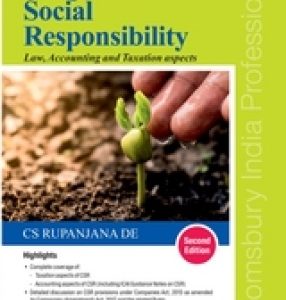First published in 1965, this text has since acquired the status of a classic in Indian sociology. Andre Beteille studied the changing patterns of stratification in a South Indian village in an intensive field study spread over ten months. This book recounts the gradual transformation of a social system that, till the end of the nineteenth century, was structured primarily on distinctions of caste—between the Brahmins, the middle-level non-Brahmins and the Adi-Dravidas. Beteille shows how the forces of modernization had rendered some areas of village life caste-free, while others were still governed by considerations of caste. The locus of power had shifted from the caste structure to more differentiated institutions such as the Panchayats and political parties. With land coming into the market, the distribution of property was dissociated from caste. An intertwining of still-nascent political and economic conditions had rendered the social system more complex and dynamic. A retrospective of the author’s experiences on the field and a review of the different ways in which caste and class were studied are provided. Beteille’s prose flows easily, and there is a freshness of insight in his observations and inferences. This study is a landmark, for in attempting to know one village, Beteille refines the analytical frames through which his discipline studies society.
Democracy and its Institutions
$29.70
$33.00








There are no reviews yet.